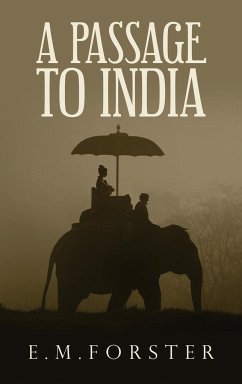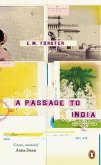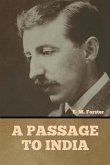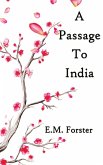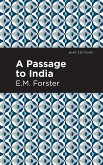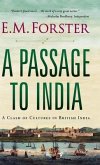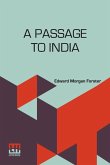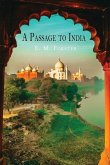Regarded as one of the greatest works of 20th century English literature, A Passage to India by novelist E. M. Forster is an eye-opening look at the relationships between colonizers and the colonized. E. M. Forster was an author who did not fear criticism for his writings at the time they were published and actively sought to examine class struggles and social hypocrisy in his short stories, essays, and fiction novels. For A Passage to India, published in 1924, this meant touching on subjects that were inappropriate and disparaging, such as racism, sexism, and imperialism. For his expert writing and social criticism, Forster was nominated for the Nobel Prize in Literature in sixteen different years. A Passage to India is largely based on Forster's own experiences in India. A Passage to India features two English women: Miss Adela Quested and Mrs. Moore, who travel to India to see Mrs. Moore's son Ronny, who is a British magistrate living in Chandrapore. However, during their visit, the two women hope to travel the real India, rather than see the cultural institutions that have been made by the British Empire. Meanwhile, a young Indian Muslim, Dr. Aziz, wonders whether it is possible to be friends with Englishmen due to the fact that they have colonized the regions. After a chance meeting, Aziz promises to take the two to see the fictitious Marabar Caves due to their complexity. During this trip, Adela becomes lost and, believing that she is alone inside a cave with Dr. Aziz, panics and flees the scene. Suddenly, Dr. Aziz finds himself arrested, charged with sexually assaulting Adela. Dr. Aziz finds himself questioning once again, can colonizers and the colonized become friends? With Forster's specific experiences in India able to challenge the 20th century view of "savage" India and offer a different look at its culture, A Passage to India is a novel for readers, scholars, and alike.
Bitte wählen Sie Ihr Anliegen aus.
Rechnungen
Retourenschein anfordern
Bestellstatus
Storno

